11 Powerful Pantry Staples That Secretly Boost Your Gut Health
In recent years, the importance of gut health has surged to the forefront of nutritional science and public interest. The gut, often referred to as the "second brain," plays a critical role not only in digestion but also in the overall well-being of our bodies. A healthy gut is linked to improved immunity, better mood regulation, and even enhanced cognitive function. As we delve into the myriad ways to nurture our gut, an unexpected ally emerges: our pantry. This article explores how common pantry staples can transform your gut health naturally, leveraging the power of food to foster a thriving microbiome. From ancient grains to fermented condiments, the ingredients you already have in your kitchen can be potent tools in the journey to better health.
1. Whole Grains: Nature's Fiber Powerhouses
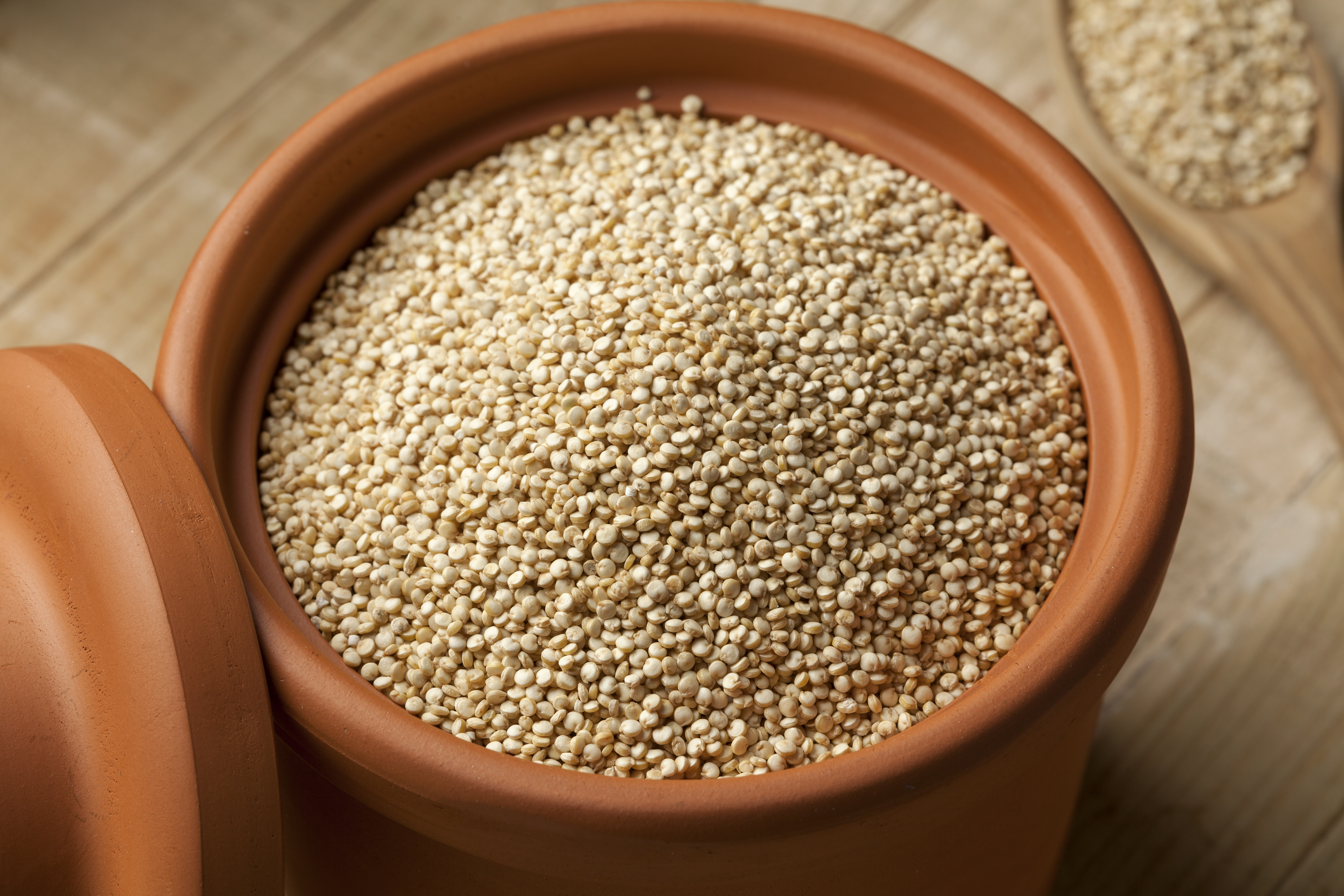
Whole grains like oats, quinoa, and brown rice are more than just staple carbohydrates; they are vital sources of dietary fiber, which is crucial for maintaining a healthy gut. Fiber acts as a prebiotic, feeding the beneficial bacteria in your gut and promoting their growth. This, in turn, leads to a more balanced and diverse microbiome. Furthermore, whole grains contain resistant starch, which resists digestion and reaches the colon intact, where it is fermented by gut bacteria. This fermentation process produces short-chain fatty acids, such as butyrate, which nourish colon cells and reduce inflammation. Incorporating whole grains into your diet can thus create a more robust digestive environment and support overall gut health.
2. Legumes: The Unsung Heroes
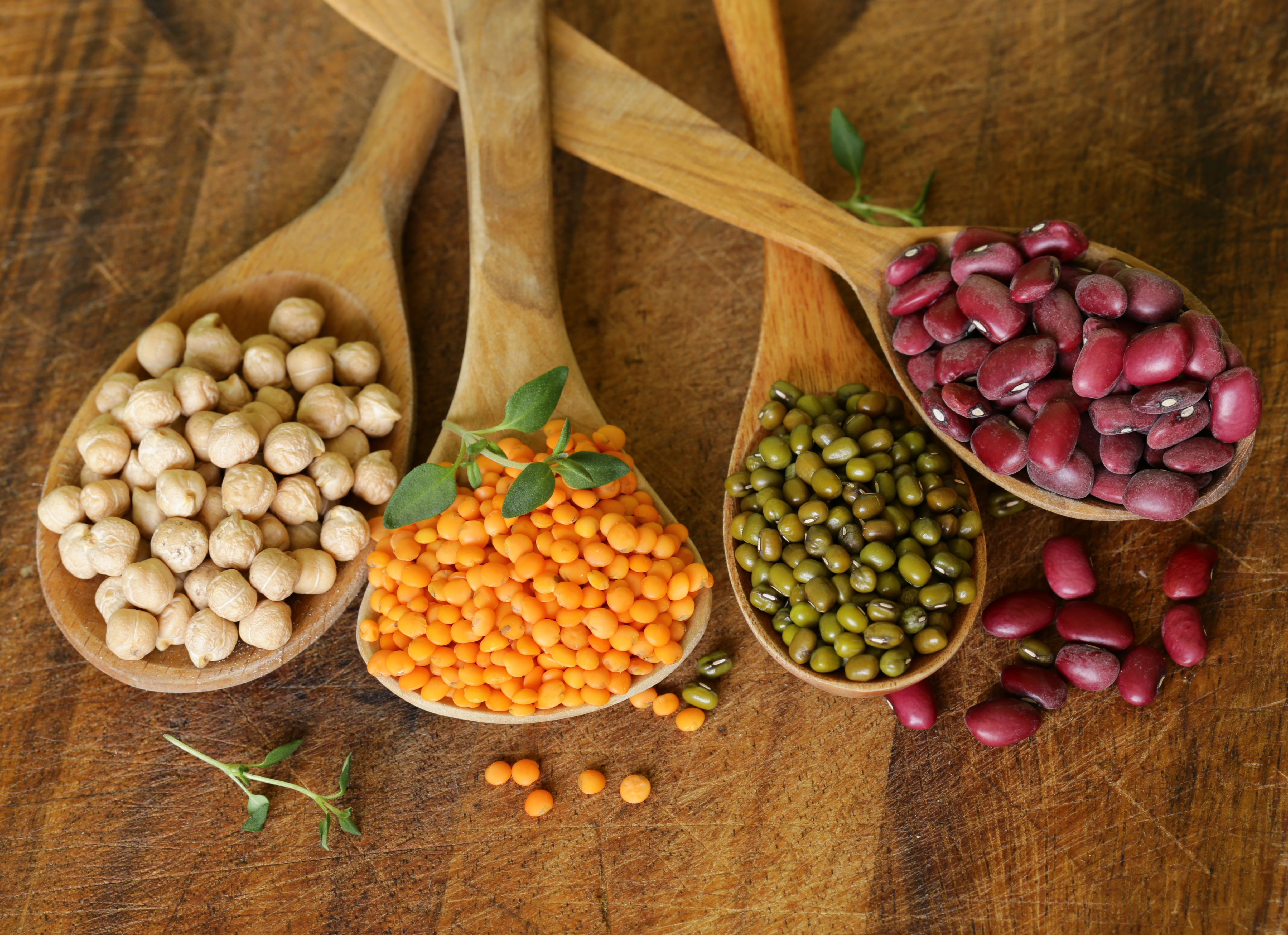
Often overlooked, legumes such as lentils, chickpeas, and black beans are exceptional for gut health. They are rich in fiber and essential nutrients, including iron and folate, which support the growth of beneficial gut bacteria. Legumes also contain oligosaccharides, a type of carbohydrate that acts as a prebiotic. These compounds are not digested in the small intestine and instead reach the colon, where they serve as food for gut microbes. Regular consumption of legumes has been associated with increased microbial diversity, which is a hallmark of a healthy gut. Moreover, legumes are low in fat and high in protein, making them a versatile and health-promoting pantry staple.
3. Fermented Foods: A Probiotic Paradise
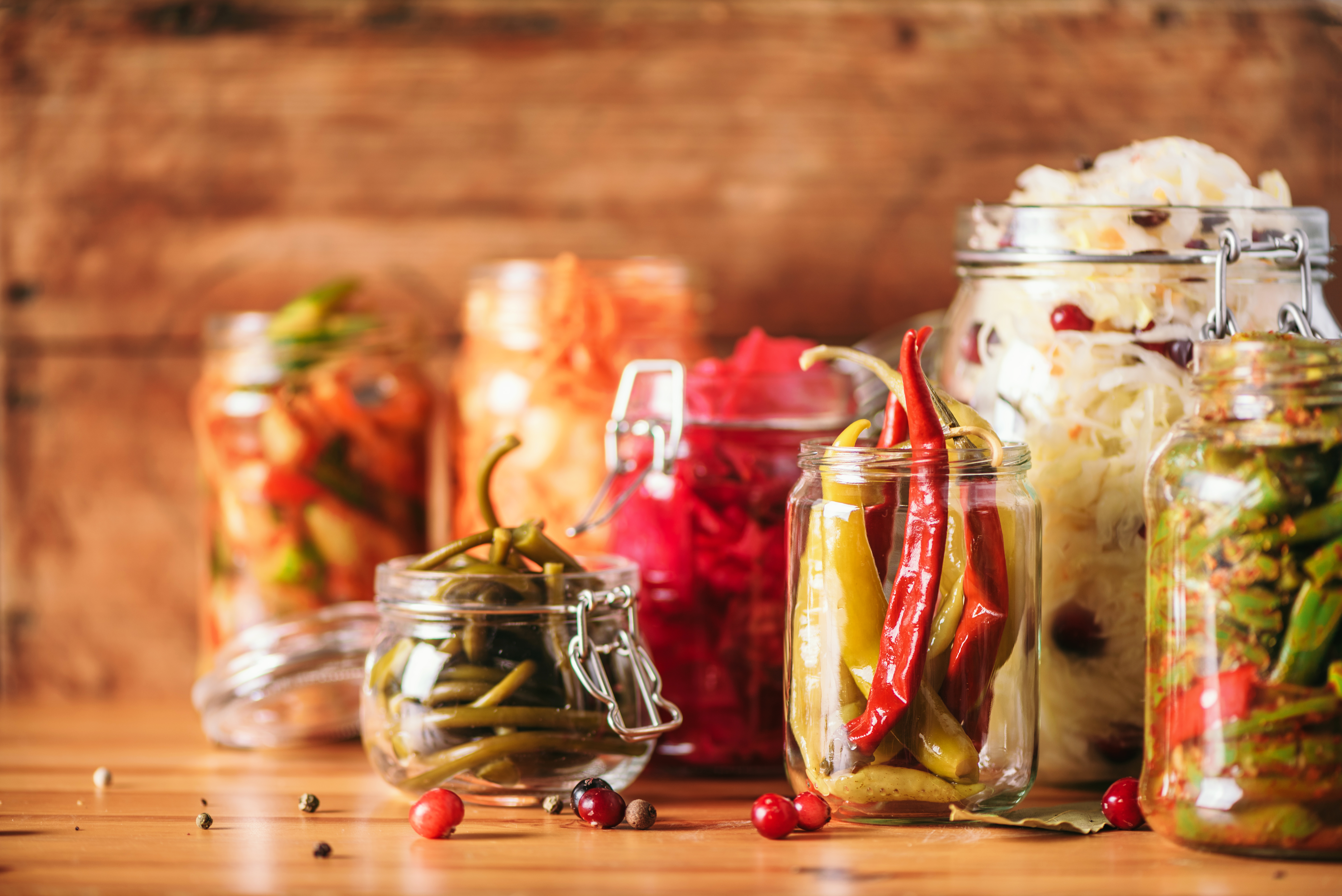
Fermented foods like sauerkraut, kimchi, and yogurt are teeming with probiotics, the live bacteria that can colonize the gut and enhance its microbial diversity. The fermentation process not only preserves these foods but also enriches them with beneficial microbes. Consuming fermented foods regularly can help replenish gut bacteria, improve digestion, and boost immune function. The probiotics found in these foods can also outcompete harmful bacteria, reducing the risk of infections and gut-related disorders. By incorporating a variety of fermented foods into your diet, you can create a dynamic and resilient gut ecosystem.
4. Nuts and Seeds: Tiny Nutritional Powerhouses
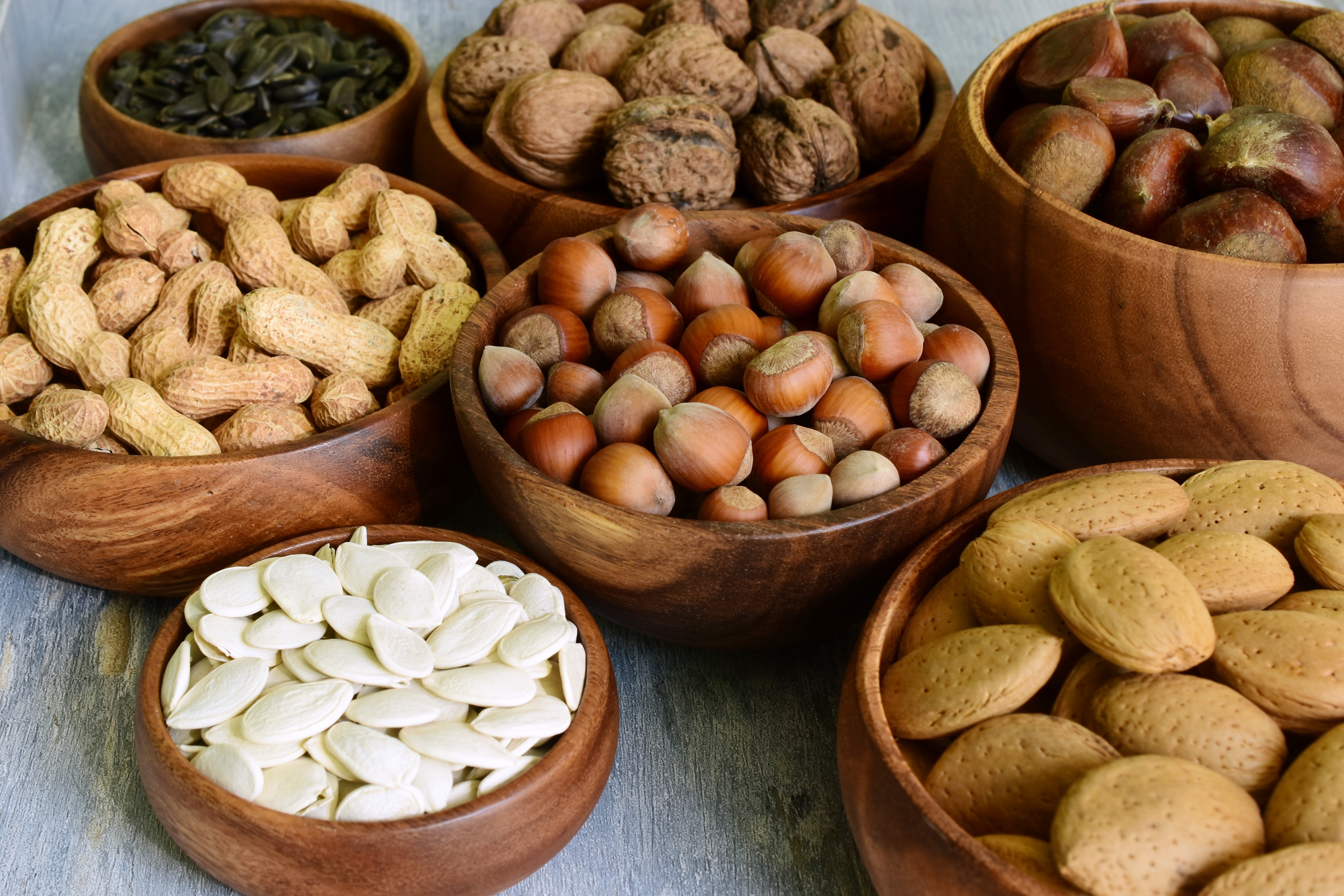
Nuts and seeds, such as almonds, walnuts, chia, and flaxseeds, are dense with nutrients that support gut health. They are excellent sources of healthy fats, fiber, and antioxidants. The fiber in nuts and seeds acts as a prebiotic, nourishing beneficial gut bacteria and promoting a healthy digestive tract. Additionally, the healthy fats found in nuts and seeds, such as omega-3 fatty acids, have anti-inflammatory properties that can benefit gut health. These tiny nutritional powerhouses also contain polyphenols, compounds that have been shown to support the growth of beneficial bacteria while inhibiting the growth of pathogens. Including a variety of nuts and seeds in your diet can thus provide a broad spectrum of benefits for your gut.
5. Spices and Herbs: Flavorful Gut Boosters
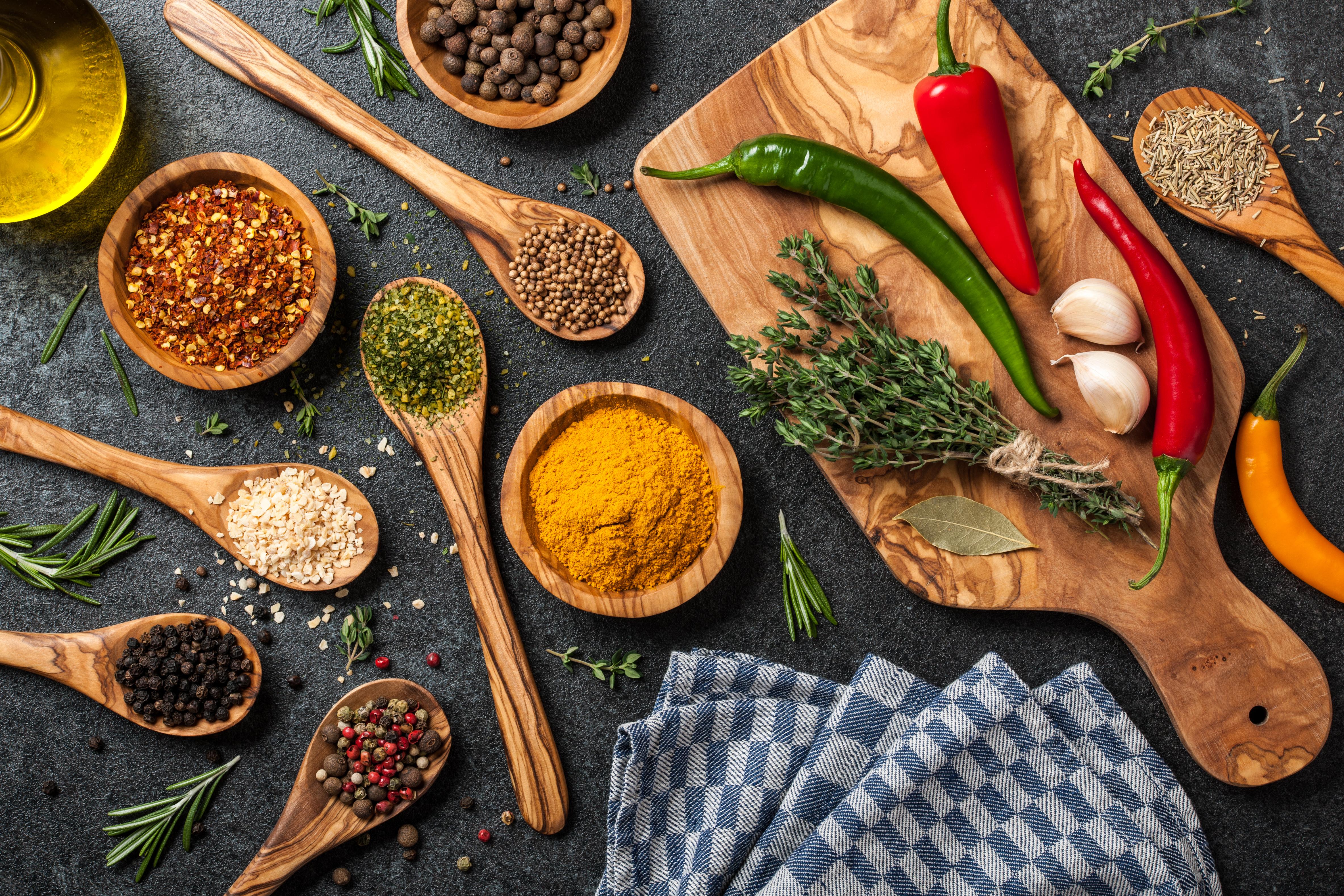
Beyond their culinary appeal, spices and herbs like turmeric, ginger, and garlic offer remarkable benefits for gut health. Turmeric contains curcumin, a compound with potent anti-inflammatory and antioxidant properties that can support a healthy gut lining. Ginger aids digestion by stimulating digestive enzymes and has been shown to reduce inflammation in the gut. Garlic, rich in allicin, has antimicrobial properties that can help maintain a balanced gut microbiome. These spices and herbs not only enhance the flavor of your meals but also contribute to a healthier and more resilient gut.
6. Fruits: Nature's Sweet Prebiotics
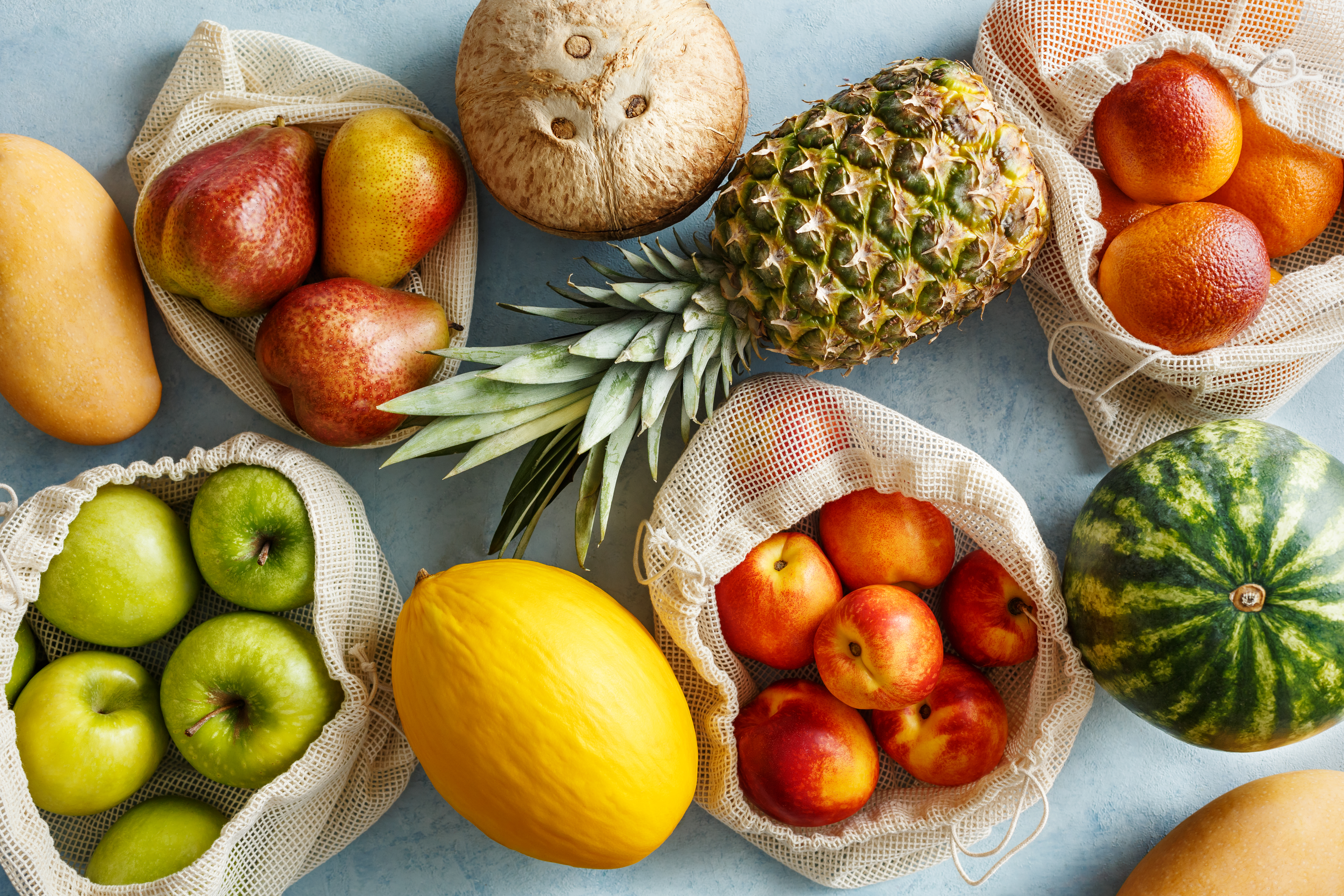
Fruits such as bananas, apples, and berries are rich in dietary fiber and natural sugars that act as prebiotics. These sugars, particularly fructooligosaccharides, feed beneficial gut bacteria, promoting their growth and activity. Bananas, for example, contain resistant starch, which is fermented in the colon to produce short-chain fatty acids. Apples are high in pectin, a type of soluble fiber that has prebiotic effects. Berries, packed with antioxidants and polyphenols, support gut health by reducing inflammation and promoting microbial diversity. Incorporating a variety of fruits into your diet can provide a natural and delicious way to enhance gut health.
7. Vegetables: The Fiber-Rich Foundation
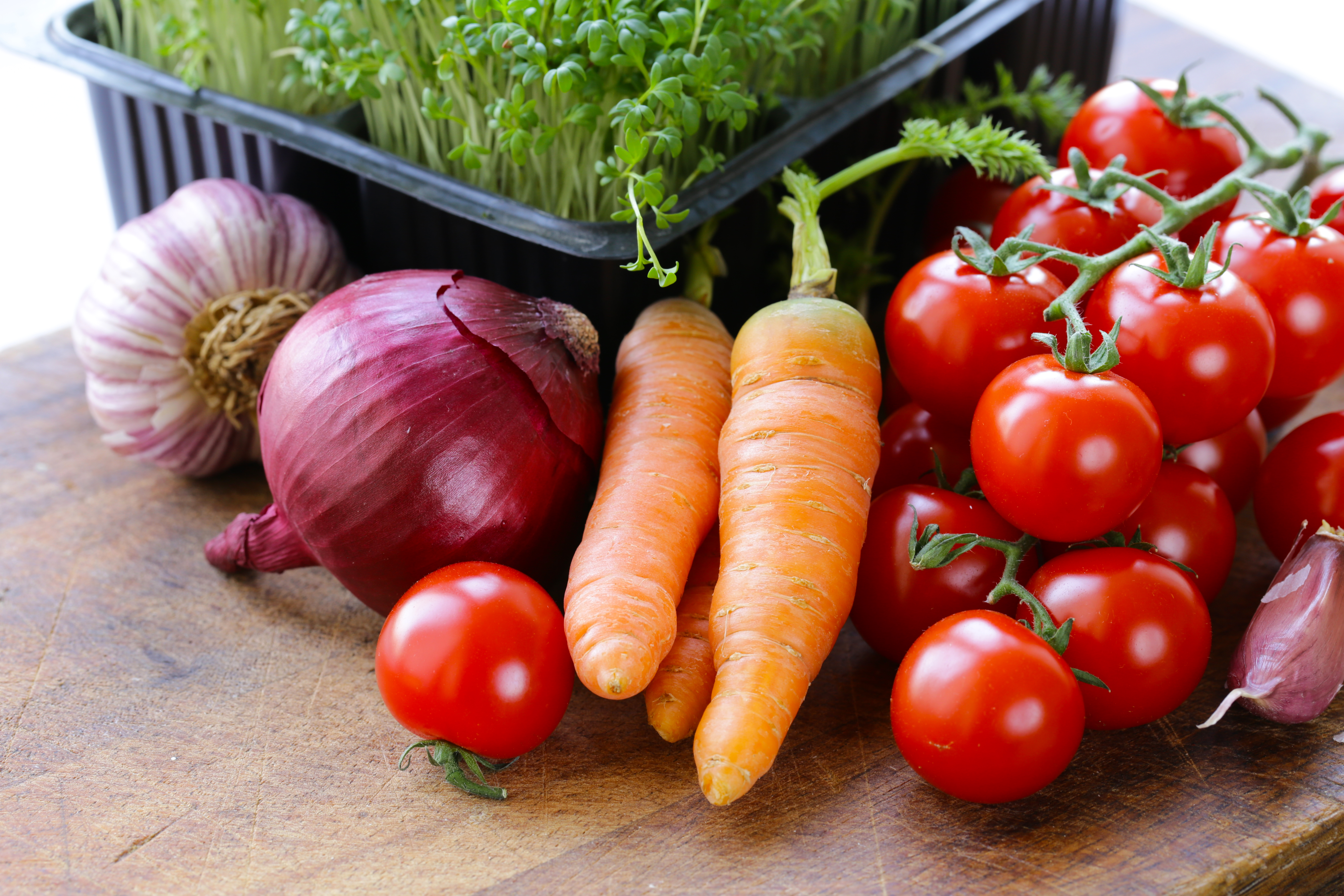
Vegetables are an essential component of a gut-friendly diet, providing a rich source of fiber, vitamins, and minerals. Leafy greens like spinach and kale are particularly beneficial due to their high fiber content and abundance of phytonutrients. Cruciferous vegetables such as broccoli and Brussels sprouts contain sulforaphane, a compound that supports detoxification processes in the gut. The fiber found in vegetables helps to regulate bowel movements and feeds beneficial gut bacteria, promoting a balanced microbiome. By consuming a diverse array of vegetables, you can ensure your gut receives the nutrients it needs to thrive.
8. Healthy Fats: Essential for Gut Integrity
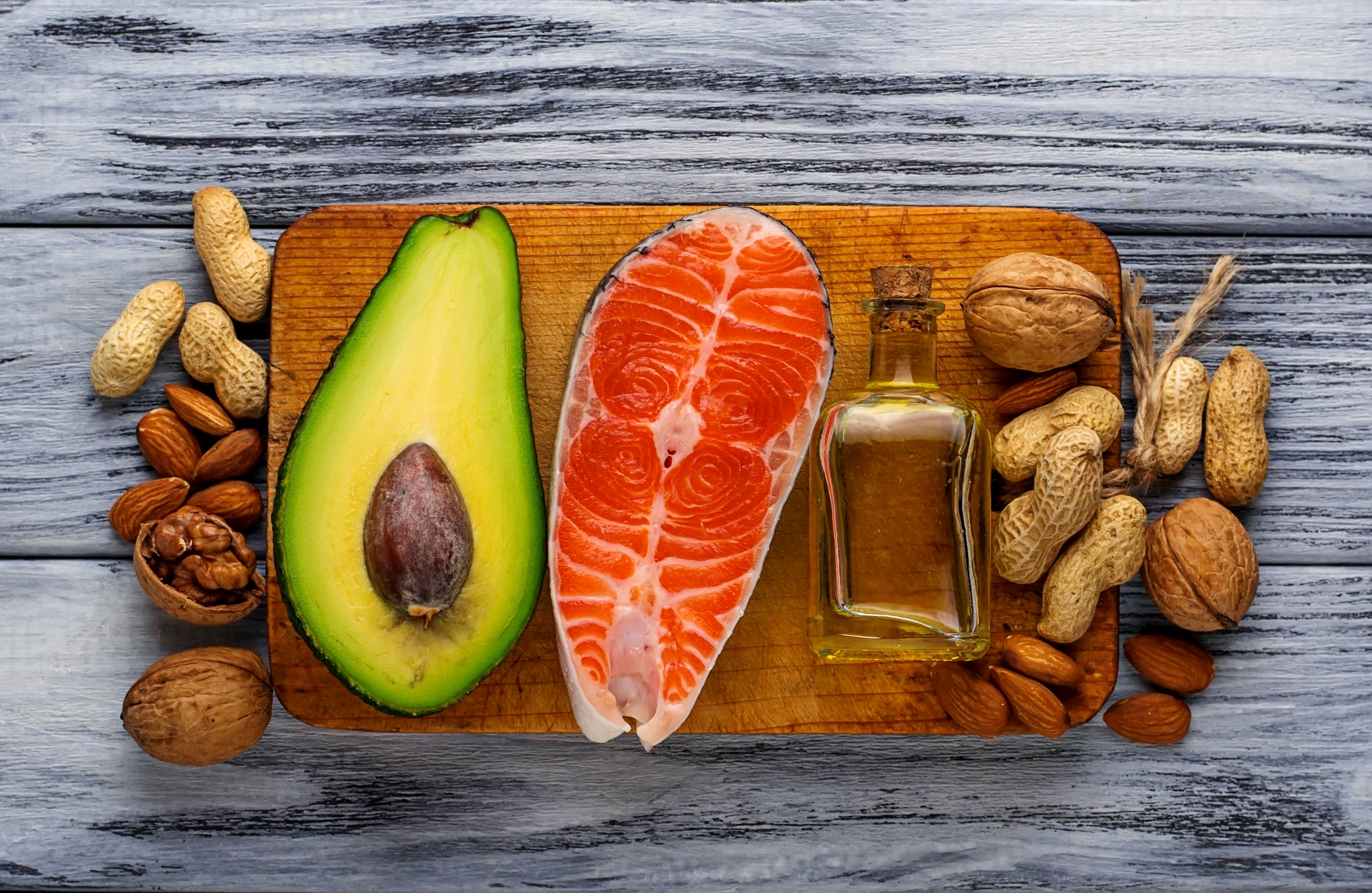
Healthy fats, such as those found in olive oil, avocados, and fatty fish, play a crucial role in maintaining gut integrity. These fats are rich in omega-3 fatty acids, which have anti-inflammatory properties that can benefit gut health. Omega-3s help to strengthen the gut lining, reducing the risk of leaky gut syndrome, where toxins and bacteria can enter the bloodstream. Additionally, healthy fats support the absorption of fat-soluble vitamins, which are essential for overall health. Including healthy fats in your diet can thus support a robust and resilient gut.
9. Honey: Nature's Sweet Healer
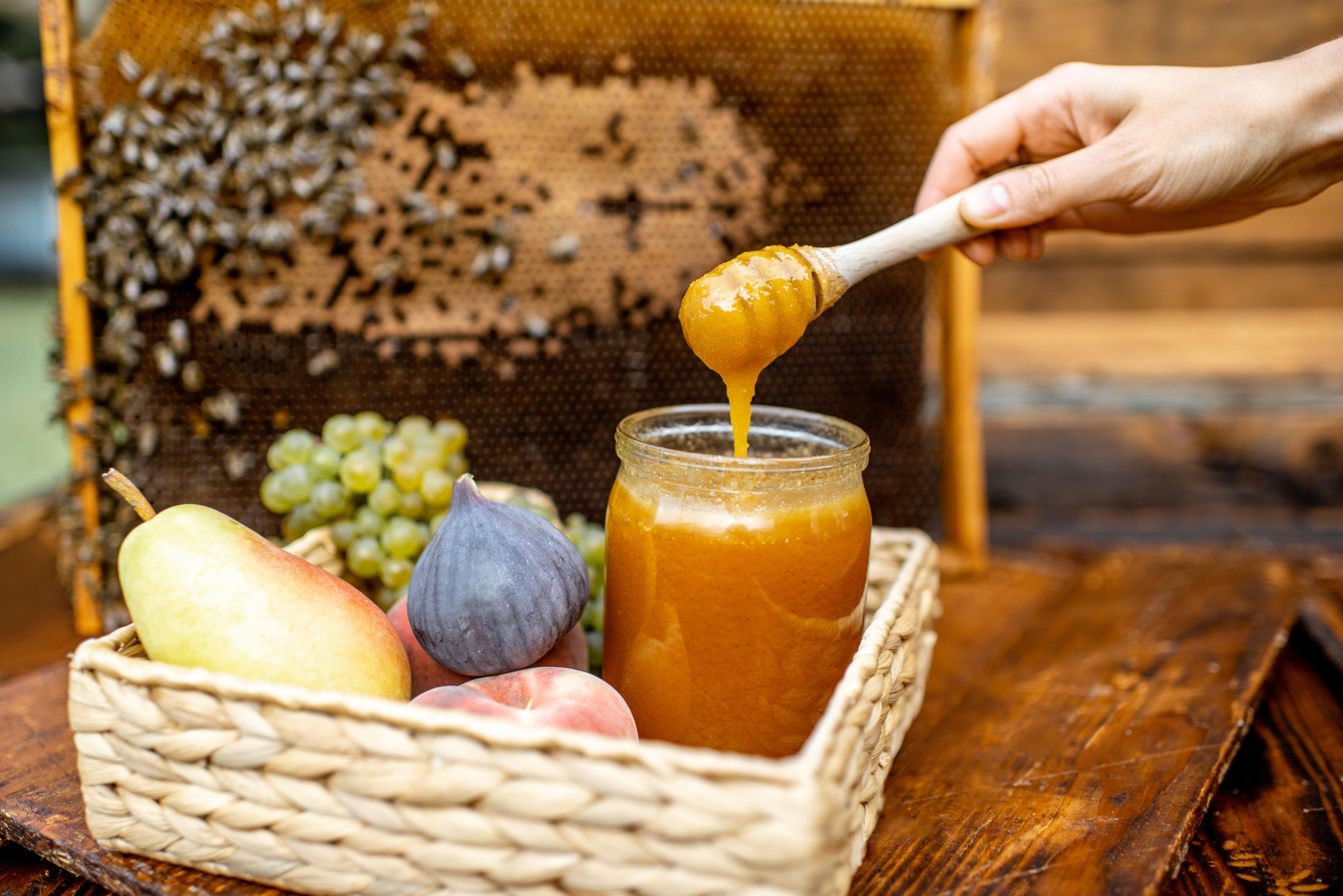
Honey is more than just a natural sweetener; it has been used for centuries for its medicinal properties. Rich in antioxidants and possessing antimicrobial properties, honey can support gut health by promoting the growth of beneficial bacteria and inhibiting the growth of pathogens. Raw honey, in particular, contains enzymes and prebiotics that can enhance digestion and support a healthy microbiome. By using honey as a natural sweetener, you can enjoy its health benefits while supporting your gut.
10. Tea: A Soothing Digestive Aid

Tea, especially varieties like green tea and peppermint tea, can be a soothing and beneficial addition to a gut-friendly diet. Green tea is rich in catechins, antioxidants that have been shown to support gut health by promoting the growth of beneficial bacteria and reducing inflammation. Peppermint tea, known for its calming effects, can aid digestion and even help alleviate symptoms of irritable bowel syndrome (IBS). The polyphenols in tea also support microbial diversity, contributing to a balanced and healthy gut. Enjoying a cup of tea can thus be a simple and effective way to support your gut health.
11. Bone Broth: A Nutrient-Dense Elixir
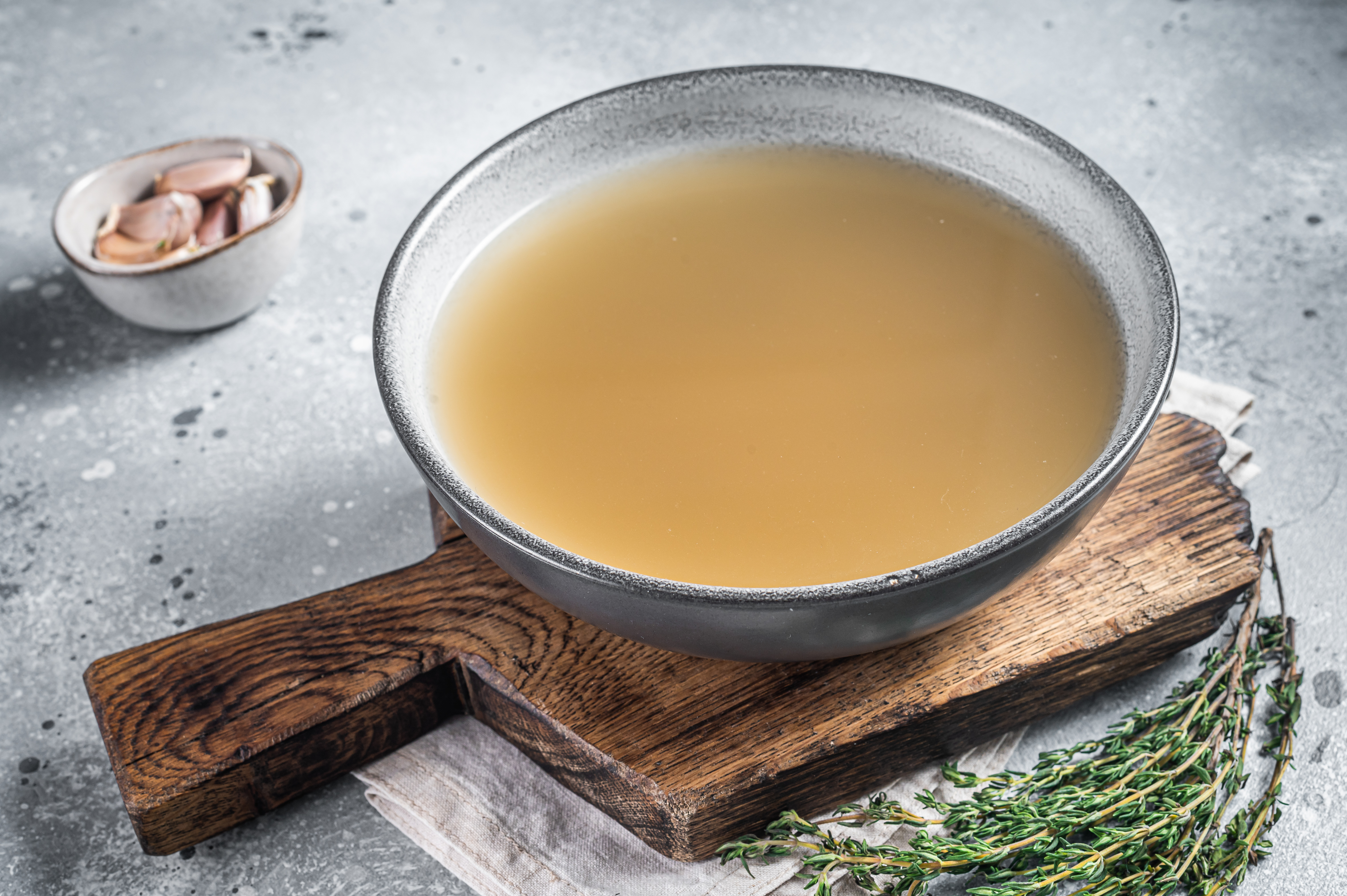
Bone broth, made by simmering animal bones and connective tissue, is a nutrient-dense elixir that has gained popularity for its gut-healing properties. Rich in collagen, gelatin, and amino acids, bone broth supports gut health by nourishing the gut lining and promoting tissue repair. The gelatin in bone broth helps to seal and heal the gut lining, reducing the risk of leaky gut syndrome. Additionally, bone broth contains minerals that support overall health and well-being. Incorporating bone broth into your diet can provide a nourishing and restorative boost to your gut health.
As we have explored, the path to optimal gut health can be found in the contents of your pantry. By incorporating a variety of whole grains, legumes, fermented foods, nuts, seeds, spices, fruits, vegetables, healthy fats, honey, tea, bone broth, and even dark chocolate into your diet, you can naturally support and transform your gut health. These pantry essentials not only provide the nutrients needed for a thriving microbiome but also offer a delicious and sustainable way to enhance your overall well-being. Embracing a gut-friendly lifestyle can lead to improved digestion, enhanced immunity, and a greater sense of vitality, proving that the journey to better health truly begins at home.
